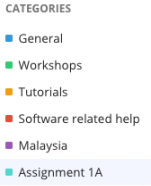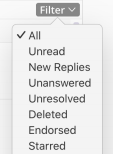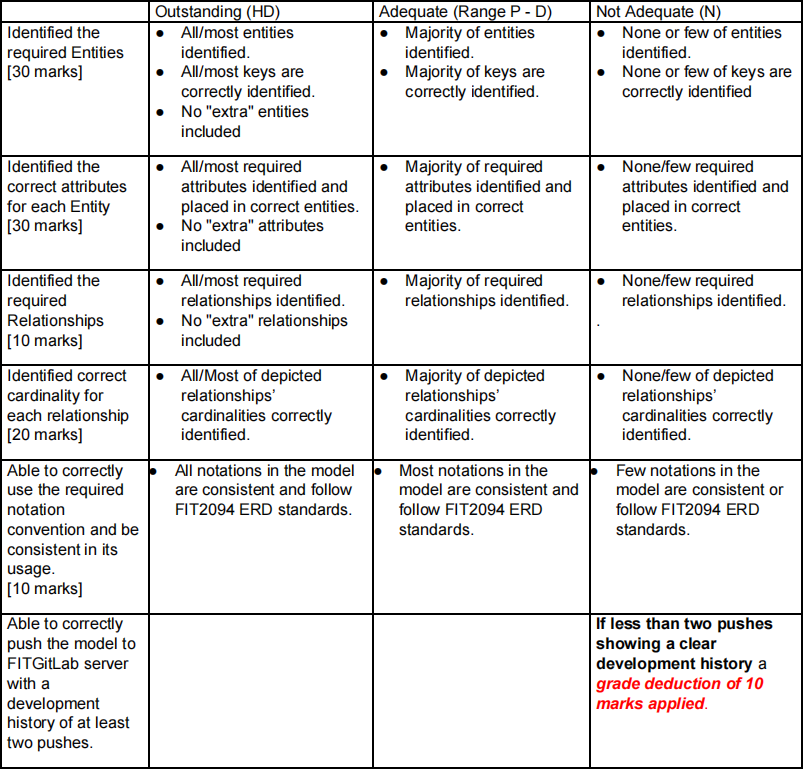FIT2094 Introduction to Databases
FIT2094 Introduction to Databases
2021 Semester 1
Assignment 1A - Conceptual Model - Animal Doctors (AD)
Learning Outcomes: 2, 3 (see Unit Preview)
Assignment weighting 5%
Assignment marked out of 100 and released as a grade out o f 5
Your task for this assignment is to design a database which can be used to support the activities of a veterinary practice called Animal Doctors.
Animal Doctors has a number of clinics distributed across the suburbs. For each clinic, they record the clinic's id (which is used to identify the clinic), the clinic's name, its address and the clinic's contact phone number. The practice has a number of veterinary surgeons (vets) who work in these clinics, a vet is assigned to one clinic as their home (or base) clinic. To be able to function, a clinic must have at least one vet assigned to it as the vet’s base clinic.
Some of the Animal Doctors vets are specialists in areas such as oncology, cardiology, dermatology etc. These specialist vets, as well as having a home clinic (their base clinic) where they accept general visits, also rove around all clinics when their specialist skills are required. The details Animal Doctors record about a vet are their vet id (used to identify a vet), the vet's given name and family name, the vet's contact phone number and the date they were first employed by Animal Doctors. If the vet is a specialist vet then their area of specialisation is recorded (specialist vets only specialise in one particular area).
Pet owners, who are each assigned a unique owner id, have their given name and family name recorded by the practice. The practice also records the owner's contact phone number. Each owner may have one or more pets; for each pet the practice records a unique animal id, the animal's name, the year the animal was born and the type of animal they are, for example a cat. Each animal is only recorded as being owned by one owner.
When an animal needs veterinary attention (such as annual injections) or is ill, the owner brings their pet to one of the practice's clinics to be attended to by a vet - this is called a visit. The date and time of the visit, the clinic being visited and the attending vet are recorded (this attending vet may be one based at this particular clinic, i.e. this is their home clinic, or the visit may need the services of a roving specialist vet). In addition, the practice records the length of the visit and any notes that the vet needs to make about the condition of the pet.
Some visits require further follow up visits, the system needs to record, for these subsequent visits, which visit generated the follow up. A given visit may require multiple follow up visits to address an issue identified in the initial diagnosis. For example the pet may have an infected wound from a fight. The first visit for this issue results in antibiotics being given and the wound being stitched. Follow up visits may be required for example to remove the stitches, check the wound healing, provide further antibiotic injections etc.
During a visit the attending vet may need to prescribe drugs for the animal. The practice identifies a drug by a unique drug id, and also records the drug's name and the drugs usage instructions (for example "1 ml/3Kg of body weight given once or twice a day"). When a drug is prescribed during a visit, the actual drug dose and frequency of administration are recorded.
REMEMBER you must keep up to date with the Moodle Ed Assignment 1A forum where further clarifications may be posted (this forum is to be treated as your client).
To view Assignment 1A only posts, select the Assignment 1A forum from the Categories list in the left panel.

Once selected you can Filter the posts via the Filter option at the top of the list of posts:

Please be careful to ensure you do not post anything which includes your reasoning, logic or any part of your work to this forum, doing so violates Monash plagiarism/collusion rules and has significant academic penalties.
You are free to make assumptions if needed however they must align with the details here and in the assignment forums and must be clearly documented (see the required submission files).
TASKS
Please ENSURE you include your name and ID on every page of any document you submit. If a document is a multipage document, please also make sure you include page numbers on every page.
GIT STORAGE
All working files, as you work on this assignment task, must be stored in GIT and must show a clear history of development. Your work for this task MUST be saved in your working directory in your Assignment 1A folder and regularly pushed to the FIT GitLab server to build this history of development. Any submission with less than two pushes to the FITGitLab server will incur a grade penalty of 10 marks ( a 10 mark deduction).
Students must regularly check that their pushes have been successful by logging in to the web interface of the FIT GitLab server; you must not simply assume they are working. Before submission, via Moodle, you must log in to the web interface of the GitLab server and ensure your submission files are present on the GitLab server.
The task to complete:
Using LucidChart (or your choice of diagramming tool), prepare a FULL conceptual model (Entity Relationship Diagram) using crow’s foot notation for the Animal Doctors Veterinary Practice (AD) described above.
● For this FULL conceptual model, include:
○ identifiers (keys) for each entity
○ all required attributes, and
○ all relationships. The cardinalities ( min and max) using crow’s foot notation must be shown for all relationships on the d iagram.
● Surrogate k eys must not be added to this model.
Your model must conform to the FIT2094 ERD standards listed in week 3 tutorial, failure to do so will incur grade penalties.
Submission Requirements
Assignment 1A:
Due: Wednesday 31st March 2021 (Week 5) 5 PM (AEDT)
The following files are to be submitted and must exist in your FITGitLab server repo:
● A single page pdf file containing your full final conceptual model. Name the file ad_conceptual.pdf. This file must be created via File - Export/Download As/Print to a PDF from your drawing package (do not use screen capture) and must be able to be accessed with a development history via GIT. You can create this development history by downloading your PDFs and committing/pushing to GIT as you work on your model.
● A PDF document containing any assumptions you wish to make your marker aware of (create the document in MS Word or Google Docs and save it as PDF). Name the file ad_assumptions.pdf. If you have made no assumptions, submit the document with a single statement saying "No assumptions made". The source document, as an MS Word document, must be available in your GitLab account (for Google Docs simply download as Microsoft Word before adding to your repo).
These two PDF files must be submitted via Moodle before the due date/time (times are expressed in Aust/Melbourne local time). Do not zip these files into one zip archive; submit two independent PDF files.
Late submission will incur penalties of 5 marks deduction per 12 hours or part thereof late. Submissions are not accepted beyond 7 days late.
Please note we cannot mark any work on the Git Server; you need to ensure that you submit correctly via Moodle since it is only in this process that you complete the required student declaration without which work cannot be assessed.
It is your responsibility to ENSURE that the files you submit are the correct files - we s trongly recommend after uploading a submission, and prior to actually submitting in Moodle, that you download the submission and double-check its contents.
Your assignment MUST show a status of "Submitted for grading" before it will be marked.
Submission status

If your submission shows a status of "Draft (not submitted)" it will not be assessed and will incur late penalties after the due date/time.
Please carefully read the documentation under "Assignment Submission" on the Moodle Assessments page.
Marking R ubric

2021-05-14